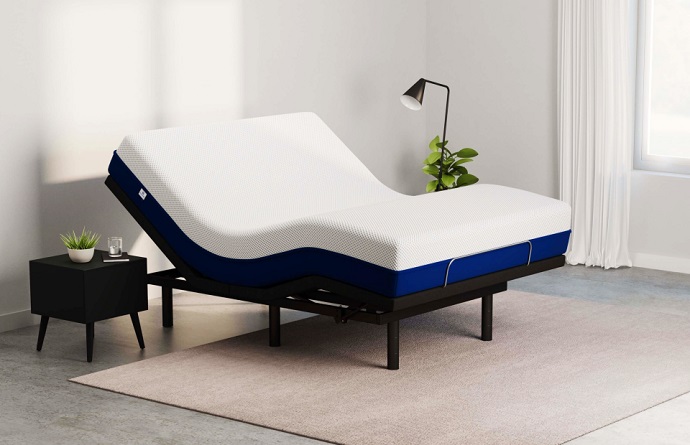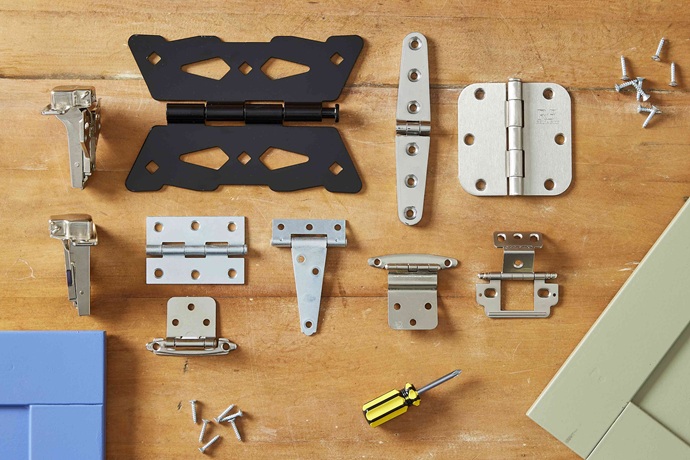
More often than not, industrial products are coated with an incredibly stubborn layer of grime and grease, which resists the action of conventional detergents. Industrial degreasers and cleaners are a special kind of cleaning agents that are specifically created for maintaining and cleansing industrial products. These cleaning agents are used in many manufacturing industries, especially in the automotive, pharmaceutical, aerospace, etc. However, you can also use them to perform simple cleaning tasks around the house or in your commercial facility.
One of the most popular industrial degreasers is the De Solv It degreaser. This product is a very effective solvent that can help you with degreasing, adhesive removal, and dewaxing tasks. It’s non-flammable, which makes it safer to use than other hydrocarbon solvents. The De Solv It degreaser can be used to clean many different surfaces, including metals, tile, wood, glass, ceramics, carpet, clothing, fabrics, and plastics. The versatility of the product is important as it means that you can apply it virtually anywhere.

Many industrial processes, such as electroplating, cannot be performed until the base product has been thoroughly cleaned with a degreaser. This is mainly because grime and oil accumulation on the surface won’t allow the plating to adhere to the surface. There are six major contaminants in industrial parts: non-pigmented grease, pigmented compounds, rust, scaling, chips, and buffing. A decent quality cleaner and degreaser should be capable of cleaning all six groups of contaminants. Moreover, these cleaning agents feature anti-corrosive properties and prevent rust. Additionally, they’re less hazardous in nature, which means you can get rid of them safely. Besides all of these benefits, they impart a high-intensity shine to metal surfaces.

Degreasers are typically aqueous in nature and are made of a combination of alkaline builders, surfactants, and sequestering agents. There are special cleaners available on the market that feature in-built rust inhibiting properties that prevent corrosion in ferrous products. Most degreasers work in the same principle – one molecule in the agent has a hydrophobic chain that’s attracted to grease and oil, and a hydrophilic end that’s attracted to water. The hydrophobic molecules surround the grease and oil particles and dislodge them from the water. Look for degreasers that have anti-ozone depleting agents and are marked as environmentally friendly.
Make sure to carefully go through the labels and instructions on your cleaning products before using them. Degreasers and cleaners offer multiple benefits and a well-informed choice will go a long way in making sure you get the most out of that particular cleaning product.



















